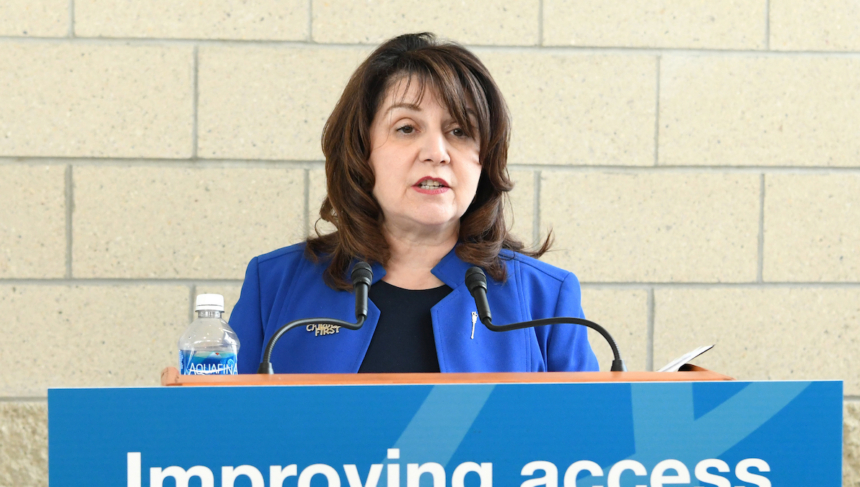In a contentious shift that has healthcare professionals sounding alarms across the province, Alberta’s United Conservative Party government has implemented policy changes that will make COVID-19 vaccines significantly harder to access and more expensive for residents. The move, announced with little fanfare last week, effectively pushes COVID immunizations out of the public health sphere and into the realm of private medical services.
The provincial government confirmed that Albertans will now need to visit private pharmacies or physicians’ offices to receive COVID-19 vaccines, which will no longer be provided free of charge at public health clinics. This represents a stark departure from how these vaccines have been administered since their introduction during the pandemic.
“What we’re seeing is an unprecedented withdrawal of public health support for a vaccine that continues to prevent serious illness and death,” said Dr. Melissa Haverston, an infectious disease specialist at the University of Calgary. “This creates both financial and accessibility barriers that will inevitably reduce vaccination rates across all demographics.”
Alberta Health Minister Adriana LaGrange defended the decision, framing it as part of the province’s “return to normal” approach to healthcare management. “COVID-19 is no longer the emergency it once was, and our healthcare resources need to be allocated accordingly,” LaGrange stated in a press release.
However, public health experts have pointed out that seasonal respiratory viruses, including COVID-19 variants, continue to place significant strain on Alberta’s healthcare system. Last winter saw emergency departments overwhelmed with patients suffering from respiratory illnesses, suggesting the need for continued robust vaccination programs.
The policy change also raises concerns about equitable access. Rural communities, where pharmacy services are limited, will face particular challenges. Indigenous communities, which have historically experienced disproportionate impacts from COVID-19, may also see vaccination rates decline under the new framework.
“When you add financial barriers to healthcare services, you’re guaranteed to increase inequity,” explained Dr. James Talbot, former Chief Medical Officer of Health for Alberta. “Those most vulnerable to severe COVID outcomes—seniors, immunocompromised individuals, and lower-income Albertans—will be the most affected by these changes.”
The Alberta Medical Association has criticized the timing of the decision, noting that respiratory virus season is approaching. “Fall and winter months typically see surges in COVID-19 cases alongside influenza and RSV,” said AMA President Dr. Vesta Michelle Warren. “Reducing vaccine accessibility now seems counterproductive to maintaining public health.”
This policy shift mirrors broader trends in the UCP government’s approach to healthcare, which has increasingly emphasized privatization and reduced public services. Critics argue this represents an ideological position rather than evidence-based policymaking.
Financial analysts have noted that while the move may create short-term savings for provincial coffers, the potential costs of increased hospitalizations could ultimately outweigh those savings. “Prevention is almost always more cost-effective than treatment,” noted health economist Dr. Trevor Tombe. “This could prove to be a costly miscalculation for the provincial budget.”
As Albertans prepare for another respiratory virus season, many are left wondering: at what point does fiscal conservatism cross the line into compromising public health security, and who will bear the greatest burden of these increasingly privatized healthcare decisions?


















